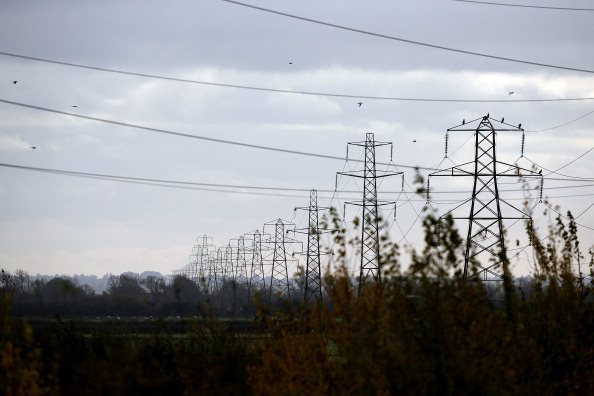A recent report published by ISO-New England, the Operational Fuel Security Analysis, has certainly grabbed the region’s attention.
“The ISO has been able to maintain power system reliability during severe winter conditions without using all its emergency procedures,” the report says. “However, the evolving generation mix is increasingly susceptible to variable and uncertain factors.”
The study looks ahead at the 2024/2025 time frame, examining 23 scenarios for coal, oil, gas, nuclear and renewable sources. While it says the system is maintaining a delicate balance for now, “study results suggest that in the future, New England could be headed for significant levels of emergency actions, particularly during major fuel or resource outages.”
Although EDF doesn’t necessarily agree with all the assumptions in the study, ISO New England is asking the right questions at the right time. So what are the best policies and actions we can take to ensure the New England utility grid is clean, reliable, and resilient?
The Search for Sensible Solutions
New England’s reliability challenge is less about a specific supply source, and more about missing economic signals. As currently designed, today’s gas and electric markets are not conveying enough information about true supply and demand to drive the investments that may be needed to maintain reliability.
One central issue is that wintertime demand for natural gas for heat makes it more difficult and expensive for electric generators to buy fuel for their power plants. Though the region has recently developed a pay-for-performance program to incentivize power plants to plan for this seasonal reality, ISO New England’s report is hinting that it won’t be enough. And the more our region depends on natural gas for electricity, the more pronounced this situation becomes, potentially, according to the study, resulting in curtailments due to fuel shortages.
Look to the Markets
It is natural for stakeholders to be anxious to develop solutions, so it is no surprise that some are immediately calling for a large (presumably electric rate-payer funded) pipeline expansion. But it is premature to jump to conclusions about the needs of the region without fully exploring the ISO’s study and the suite of potential solutions.
Committing capital for new infrastructure to ensure reliability requires a business case that is commercially beneficial for market participants including generators, pipelines and storage operators. Solutions lie in the design of the regional marketplace, and the means by which it fosters and rewards investment. Designs that undercut or obscure market signals for investment will, over the long run, also undercut the willingness of those participants to innovate and compete, and will therefore diminish reliability.
Solutions lie in the design of the regional marketplace, and the means by which it fosters and rewards investment.
The ISO report kicks off a comprehensive stakeholder process designed to find the best, most cost-effective solutions to this challenge. In the coming months EDF will be working with ISO New England and the region’s stakeholders to broaden their study’s assumptions, and help explore the answers.
As a matter of core design, we recommend that any and all solutions should be market-based, fuel-neutral, and compliant with existing laws and regulations. Working within the markets will call forth competition amongst a variety of resources and ultimately develop the lowest-cost reliability solutions.
Thus, EDF also believes it would be helpful to stop using the term “fuel security,” which suggests an overly narrow set of potential solutions. The ISO study emphasizes the need to serve system load (demand) in winter, and suggests the system operator is uncertain whether the current energy markets will deliver. The term load service assurance could help us frame this challenge in a fuel neutral way, recognizing that multiple resources – such as storage, batteries, demand response, renewables, and others – can contribute to solutions given the right market signals.
New England has a history of success in developing innovative market-based approaches through a respectful, deliberate stakeholder process. We look forward to continuing that tradition.
By Liz Delaney
Originally Published on February 5, 2018
The Energy Exchange Blog is a forum where EDF‘s energy experts discuss how to accelerate the transition to a clean, low-carbon energy economy. Follow them on Twitter here: @EDFEnergyEX

